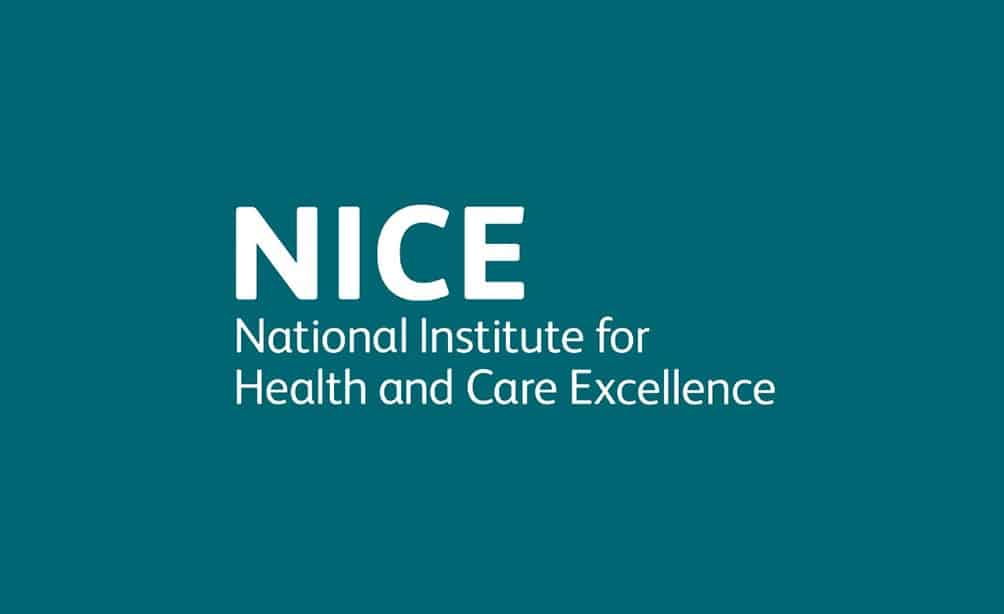Table of Contents
- NICE Approves Endoscopic Sleeve Gastroplasty for Primary Obesity Treatment
- What is Endoscopic Sleeve Gastroplasty?
- NICE's Take on ESG
- Safety and Adverse Reactions
- A Welcome Addition to Obesity Treatment Options
- The Bigger Picture
- Looking Ahead
NICE Approves Endoscopic Sleeve Gastroplasty for Primary Obesity Treatment
Obesity is a global health concern that has been on the rise for decades. With the increasing numbers of individuals struggling with weight issues, the medical community has been on a constant quest for effective treatments. Recently, a new procedure has emerged as a promising alternative for those seeking weight loss solutions: Endoscopic Sleeve Gastroplasty (ESG).
What is Endoscopic Sleeve Gastroplasty?
Endoscopic Sleeve Gastroplasty, or ESG, is a procedure that reduces the size of the stomach by approximately two-thirds. Unlike traditional bariatric surgery, ESG is minimally invasive and can be an option for individuals with a BMI over 30 who haven't found success with lifestyle modifications alone. The procedure involves using a double channel transoral endoscope to create a series of endoluminal full-thickness suture plications along the stomach's greater curvature. This process effectively reduces the stomach's volume by 70% to 80%, potentially delaying gastric emptying.
NICE's Take on ESG
The National Institute for Health and Care Excellence (NICE) recently acknowledged the growing need for obesity treatments. In their draft guidance, they highlighted that ESG is a "safe and effective" option for the NHS. Clinical trials have shown promising results, with 77% of participants losing 25% or more of their original weight a year after undergoing the procedure.
Furthermore, when compared to intensive lifestyle modification alone, ESG has shown a significantly higher percentage of total weight loss. This makes it a compelling option for those who are not suitable or do not wish to undergo traditional bariatric surgery.
Safety and Adverse Reactions
Like any medical procedure, ESG comes with potential risks. However, clinical trials have reported a low rate of adverse events, with most being manageable. Common minor adverse events include nausea, epigastric pain, and constipation. Major adverse events, although rare, include gastrointestinal bleeding and perigastric fluid collection.

A Welcome Addition to Obesity Treatment Options
Professor Jonathan Benger, the chief medical officer at NICE, has expressed optimism about ESG. He emphasized that surgical treatments for obesity are in high demand, and not everyone is a candidate for or desires bariatric surgery. ESG offers a non-invasive alternative that can be performed as a day procedure, leading to quicker recovery times.
The Bigger Picture
Obesity is more than just a weight issue. It's linked to a host of other health conditions, including type 2 diabetes, hypertension, and cardiovascular disease. Procedures like ESG not only help individuals reduce weight but also lower the risk of these associated conditions, enhancing overall health and wellbeing.
The Health Survey for England 2021 revealed that over 25% of adults in England are obese, with obesity-related costs to the NHS reaching a staggering £6.5 billion annually. As the second biggest preventable cause of cancer, the urgency to address this health crisis cannot be overstated.
Looking Ahead
NICE's draft recommendations on ESG are currently under consultation, with final guidance expected in February 2024. While NICE operates primarily in England, agreements with Scotland, Wales, and Northern Ireland may see the adoption of this guidance across the UK.
In conclusion, Endoscopic Sleeve Gastroplasty represents a significant step forward in the fight against obesity. As research continues and more individuals benefit from this procedure, it's clear that ESG will play a pivotal role in shaping the future of obesity treatment.

